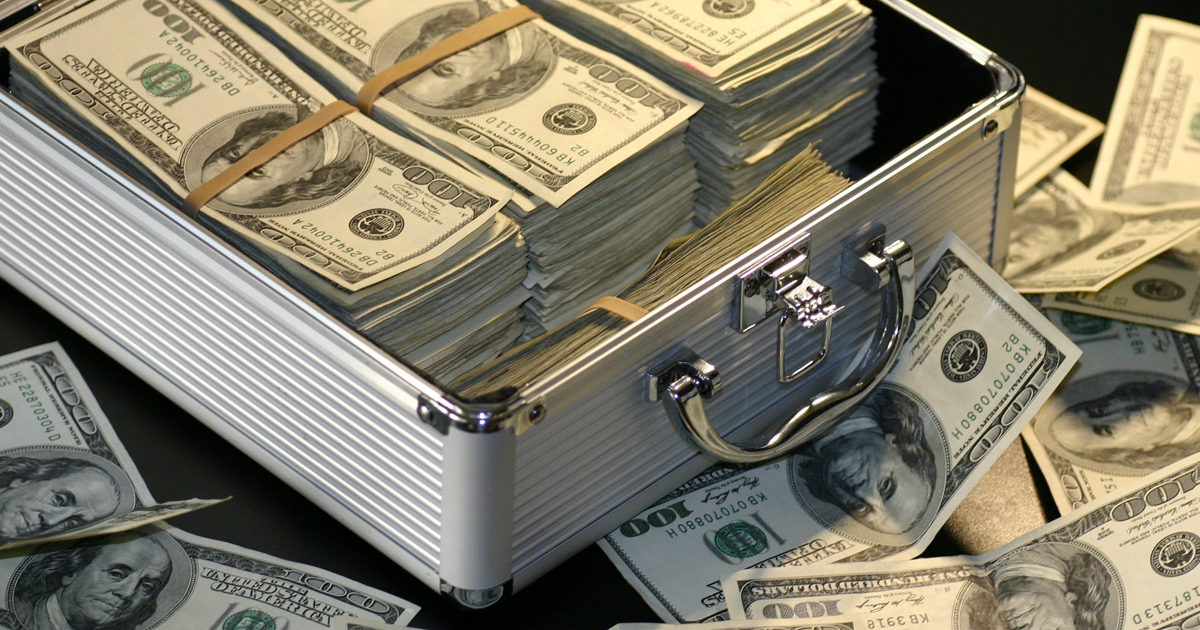Since February 28, resident companies of the Russian Federation must exchange 80% of the funds earned abroad for rubles within three days from the date of their receipt. About the reasons and consequences of the decree — in our column.
What happened?
The day before yesterday, the President of Russia signed a “Decree on the application of special economic measures in connection with the unfriendly actions of the United States and foreign states and international organizations that have joined them.” It took effect immediately.
The decree contains 10 points. Here are some of the key:
- Russian companies, when receiving currency as payment for work or from the sale of goods, services, results of intellectual activity, intellectual property rights to foreign companies, now have to immediately change 80% of the amount received into rubles.
- This applies not only to the currency earned in the future, but also to the one that companies received starting from January 1 of this year.
- Since March 1, Russian companies are also prohibited from transferring currency to accounts in foreign banks.
Simply put, the state withdraws currency from domestic companies that earn on foreign markets.
Why did the state take these measures?
In February-March 2022, the international community applied two sets of sanctions against Russia. First in connection with the recognition of the DPR and LPR, and then in response to the military operation in Ukraine. We are talking about dozens of prohibitive measures — from restrictions on the import of high technologies to blocking investments in Russian companies.
This caused a strong fall in the ruble. From February 18 (before the first package of sanctions) to February 28 (publication of the current decree), the value of the dollar relative to the ruble increased by 35.6% (from 77.4 rubles to 105.01).
It is clear that the Ministry of Finance of the Russian Federation is faced with the task of strengthening the ruble exchange rate in order to exclude its further fall, which could lead to hyperinflation.
One of the possible solutions to strengthen the exchange rate may have been considered an increase in the country’s gold and foreign exchange fund with liquid foreign currency — dollars. The larger the fund, the stronger the ruble, which will be provided with dollar reserves.
But where to get so many dollars?
The main item of income of the Russian Federation is taxes from the oil and gas industry. To understand, of the 20.9 trillion rubles earned by Russia in 2021, taxes on the export of the oil and gas industry accounted for 8 trillion rubles.
Oil and gas companies earn in foreign currency. And now they will not only have to pay tax, but also sell 80% of the received foreign currency funds to the state for rubles.
Thus, the gold and foreign exchange fund will be able to fill up rapidly (but, of course, not only thanks to the oil and gas industry, but also in general to all export-oriented ones). As for the ruble, its purchasing power, in theory, will have to grow back after that.
Is it good?
In the long term, yes, because it insures the ruble from complete depreciation.
However, while there will be an accumulation of currency mass that can significantly affect the strengthening of the ruble, such a measure can significantly hit a number of industries. This includes the game.
The Russian game dev has been working for the last 10 years according to a simple but effective scheme: we spend on development in rubles, and we earn in dollars. This allowed him to significantly reduce risks, be highly profitable if successful and grow rapidly.
Now the situation is changing dramatically. Due to the new decree, the business is obliged to immediately transfer most of the received and available currency into rubles. This significantly increases the risks, and in general calls into question the profitability of the gaming business in the region.
For clarity, let’s give an abstract example. Suppose the cost of developing and promoting a hyper-casual game used to be 1 million rubles (the figure is taken solely for clarity). The publisher received 3 million rubles from its distribution in dollar equivalent.
The profitability coefficient of 60% (for this we divide the profit by revenue and multiply by 100%) indicates the superprofitability of the business. That’s just in the new conditions it may not be.
So, our developer receives 3 million rubles in dollar equivalent. According to the new decree, he immediately converts everything into rubles. And the next day, due to the ongoing volatility of the ruble, the development of the game from the former contractors jumps to 5 million “wooden”.
In the current situation, the publisher cannot reinvest the funds received. It turns out to be at the broken trough.
Is there anything else I need to know?
One of our experts, who wished to remain anonymous, assures that the ruble exchange rate is being strengthened today not only by buying dollars. Also today, they resort to state regulation.
According to him, banks are now receiving instructions from the Ministry of Finance on what to set the exchange rate for the currency. For reference: in a market economy, the exchange rate is set based on the results of currency trading, and not before them.
Such a step can also be called a forced measure that keeps the inflation rate down: price tags are rising at a slower rate than the purchasing power of the ruble is falling.
However, if the reserves of the gold and foreign exchange fund are not enough to stop the devaluation, we will face the fact that people will not be able to buy goods at new prices, and companies will not be able to compensate them for payment, because they are forced to exchange real money for candy wrappers.

